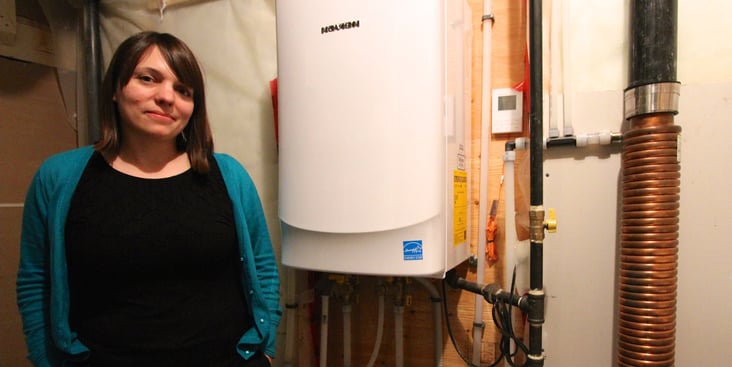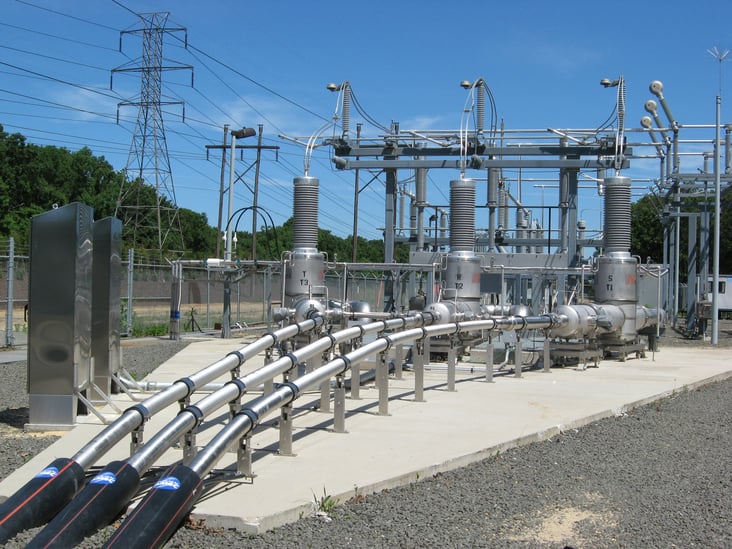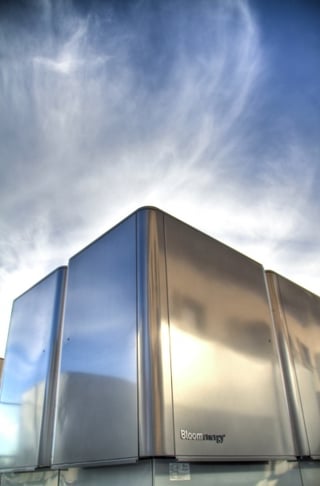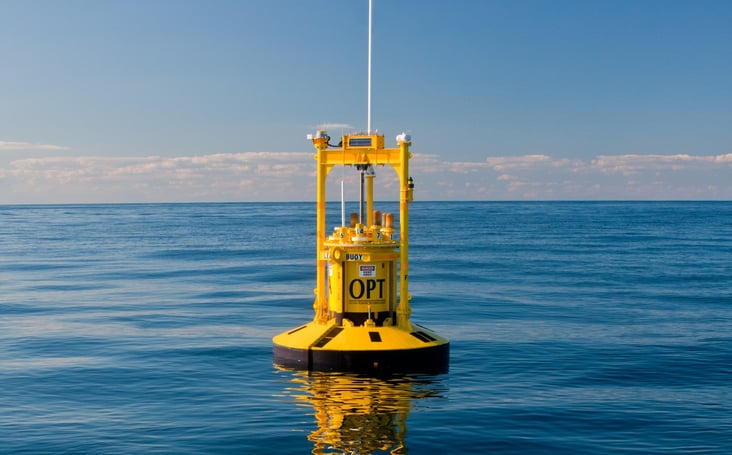This post is one in a series featuring the complete slate of advanced energy technologies outlined in the report This Is Advanced Energy.

Water heating technology spans a range of options, from conventional technologies to renewable systems. Conventional storage water heaters typically use natural gas or electricity to keep water hot in an insulated tank, ready for use at any time. They have a simple design and are relatively inexpensive, but they also have standby losses associated with storing hot water for long periods of time. High-efficiency models increase heat transfer efficiency and reduce standby losses with more insulation.



